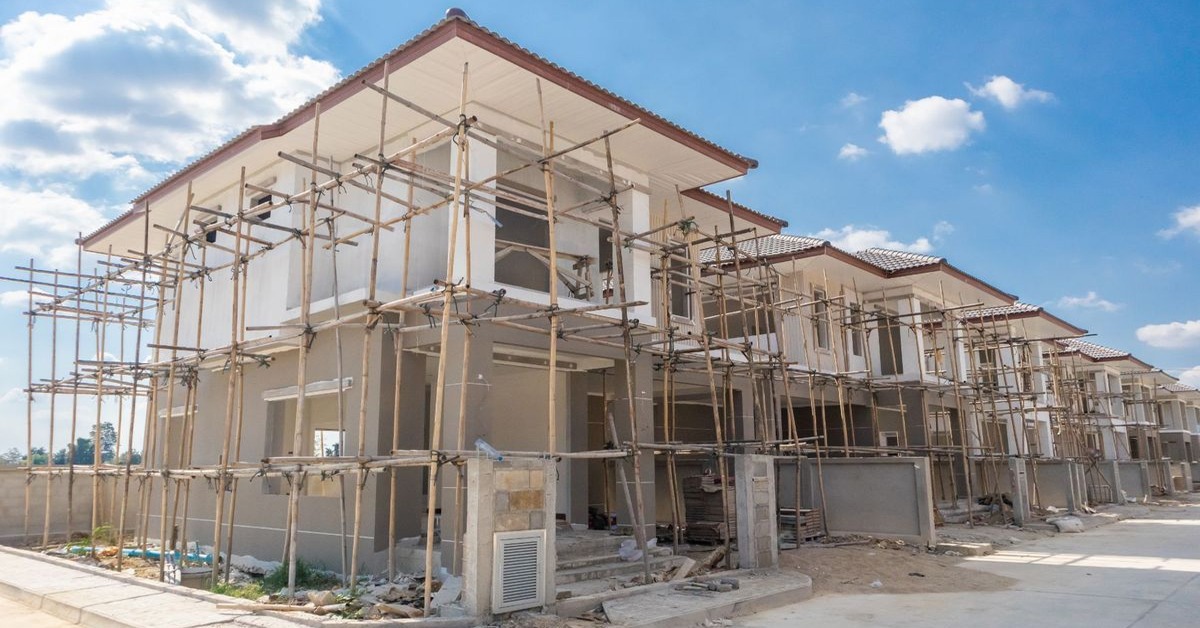TDS and Its Significance in Steel Production
TDS (Total Dissolved Solids) in water plays a critical role in construction, especially in concrete mixing, curing, and overall structural durability. Water with high TDS levels can negatively impact construction quality, while low TDS levels may lack essential minerals for concrete hydration. These salts, primarily present in the water has a significant impact in construction and the performance quality of TMT steel bars. Let’s delve into the relationship between TDS and steel bars and understand its implications to end-users.
What is TDS?
Total Dissolved Solids (TDS) in water refers to the total concentration of dissolved substances, including minerals, salts, metals, and organic matter. It is measured in milligrams per liter (mg/L) or parts per million (ppm).
TDS includes both essential minerals (like calcium, magnesium, and potassium) and harmful contaminants (like arsenic, lead, and nitrates). The level of TDS in water affects its taste, safety, and suitability for drinking, construction, and industrial use.
Effects of TDS on Construction
- Concrete Strength and Durability
Presence of salts like chlorides, sulphates, and alkalis can cause corrosion in steel reinforcement (TMT bars).
Leads to efflorescence (white salt deposits) on concrete surfaces, reducing aesthetics.
Weakens the bond between cement and aggregates, reducing structural strength.
Reduced Workability – Salty or hard water affects the setting time of cement, making construction processes less efficient.
- Effect on Curing Process
Water with high TDS may form deposits on the surface, preventing proper hydration of cement.
May cause discoloration or patchy curing in exposed concrete surfaces.
- Structural and Long-Term Impacts
Cracks and Reduced Durability: Poor-quality water can lead to microcracks, making structures vulnerable to environmental damage.
Increased Maintenance Costs: Buildings exposed to high TDS water need frequent repairs due to faster deterioration.
Ideal range of Total Dissolved Solids (TDS) for Construction Water
According to IS 456:2000 (Indian Standards for Concrete), the recommended TDS level for mixing and curing water is:
Below 500 ppm – Suitable for construction.
500–2000 ppm – May be used if chemical analysis confirms no harmful salts.
Above 2000 ppm – Not recommended, as it affects concrete setting and reinforcement corrosion.
Conclusion
Ascertaining the right level of Total Dissolved Salts (TDS) level in water is essential for strong, durable, and long-lasting structures. Using water with high TDS can lead to corrosion, cracks, and weak concrete, ultimately compromising structural safety. The emphasis on understanding and managing TDS will only become more significant, paving the way for innovations in steel manufacturing and construction practices.



